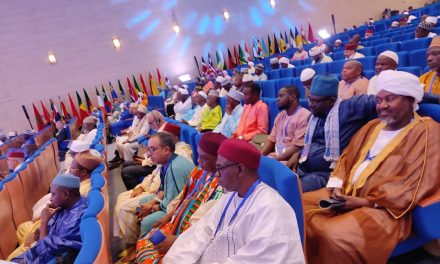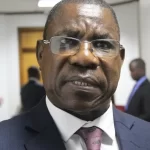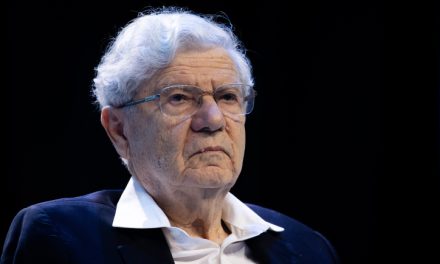
Separation of Powers: Checks and Balances.

The Constitution of the Republic of Malawi creates a system in which there is separation of powers exercised by the Executive, Legislature and Judiciary of the State. The exercise of power by one arm of state is checked by another to ensure that there is no abuse of state power. These organs of state ought to respect each other and the powers allocated to them by the Constitution. To this end, no organ of state should encroach upon the domain of the other organs.
The first-ever national separation of power conference held in Lilongwe and launched by President Lazarus
Chakwera recently gave a ray of hope to Malawians who have been viewing the separation of powers as under increasing threat from governments of the day that are perceived as willing to eschew the separation of powers in favor of a politicized judiciary and legislature.
The conference that involved all heads of the Judiciary, Legislature and Executive branches, aimed to promote a better understanding of the principles of separation of powers and ensure that all fiduciary roles within government are adhered to high standards of accountability. The conference also sought to establish effective checks and balances for the benefit of the people of Malawi.
The separation of powers is essential because it provides a vital system of ‘checks and balances’. Firstly, it ensures that the different branches of the State control each other. This is intended to make them accountable to each other. Secondly, it divides power between the different branches of government. This balance aims to ensure that no individual or group of people in government is ‘all-powerful’. Power is shared and not concentrated in one branch. The main purpose of the separation of powers is therefore to prevent the abuse of power. But what should the citizenry know and understand about the separation of powers in a democratic state?
Although given different functions by the Constitution, the arms of the State are interrelated. There are instances
where they need each other in order to function. For instance, before members of the National Assembly begin to perform their functions in Parliament, they must swear or affirm faithfulness to the Republic and obedience to the Constitution. Members of Parliament are required to swear or affirm faithfulness to the Republic and obedience to the Constitution before they begin their functions in the legislature. The oath or affirmation must be administered
by the Chief Justice or another judge designated by the Chief Justice. In other words, in order for the legislative arm of the State to start operating after an election, the judicial arm has to first administer an oath or affirmation to the members of the National Assembly. The functions of the legislature must be respected by the other arms of the State. The other branches or arms of the State should be careful not to intrude into the domain of the legislative arm of
the State.
Judges are appointed by the President as head of the executive. In accordance with the Supreme Court of Appeal Act, the Court consists of nine justices including the Chief Justice of Malawi. The Chief Justice is appointed by the
President and confirmed by the National Assembly by a majority of two-thirds of members present and voting. The executive and legislative arms of the State play a crucial role in the appointment of judges. In other words, the Constitution dictates that the executive and legislative arms of the State should play a role in setting up the judicial arm of the State. Similarly, the Constitution dictates that the judiciary should play a role in setting up the legislative
and executive arms of the State. The Constitution does this by requiring the President to swear an oath or affirm faithfulness to the Republic and obedience to the Constitution. Members of the National Assembly are also required to swear an oath or affirmation. The oath or affirmation is administered by the Chief Justice, or another judge designated by the Chief Justice.
Therefore, leaders of democratic governments ought to govern with the consent of their citizens. Such leaders should be powerful not because they command armies or control economic wealth, but because they should respect the limits placed on them by the electorates in a free and fair election.






























